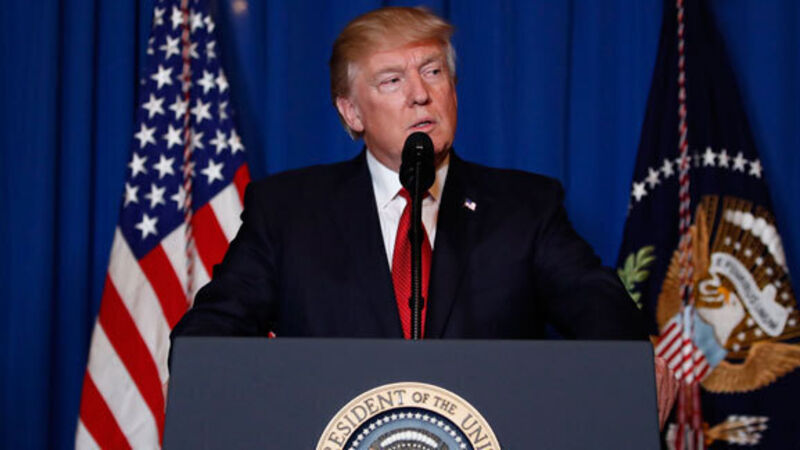North Korea tension pushes investors to safety exits

Mr Trump’s remarks that North Korea would face “fire and fury like the world have never seen” weighed on Wall Street and drove up the VIX “fear gauge”. VIX tracks the cost of protection against a drop in the S&P 500.
A spokesman for the Korean People’s Army said it was “carefully examining” plans for a missile attack on the US Pacific territory of Guam, which has a large US military base.
















